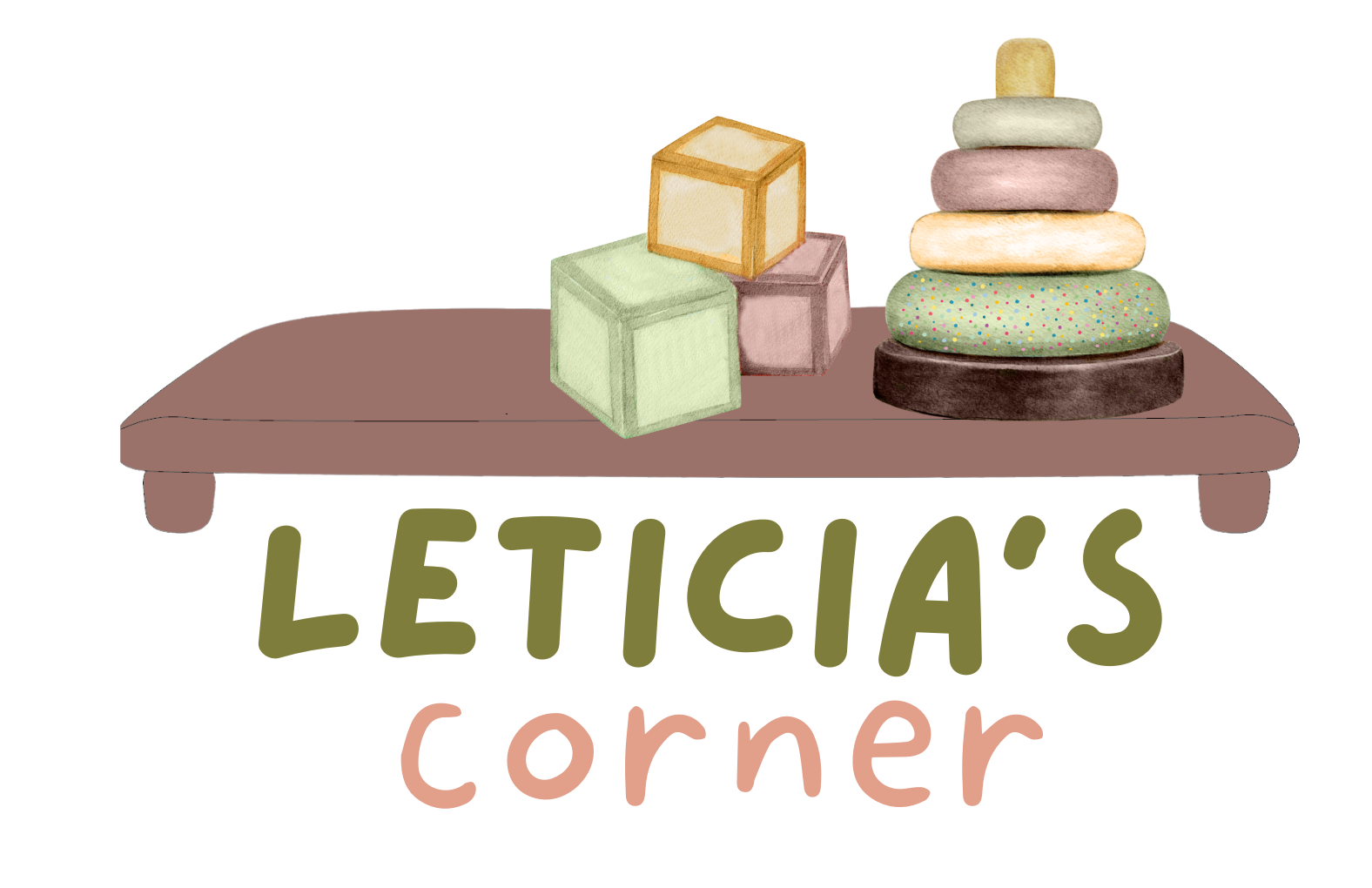Fine motor skills are crucial for infants' overall development and have a significant impact on their daily lives and future abilities. Fine motor skills involve the coordination of small muscles in the hands and fingers, allowing them to perform precise movements and manipulate objects. Here are some of the key importance of fine motor skills in infants:
-
Independence in Daily Activities: Developing fine motor skills enables infants to become more independent in various daily tasks, such as self-feeding, dressing, and grooming. As they refine their ability to grasp and manipulate objects, they can become more self-sufficient.
-
Cognitive Development: Fine motor skills are closely connected to cognitive development. As infants explore and interact with their environment through touch and manipulation, they build essential neural connections that support learning and problem-solving abilities.
-
Hand-Eye Coordination: The development of fine motor skills involves hand-eye coordination, which is essential for activities like reaching for objects, stacking blocks, and eventually writing and drawing. These skills lay the foundation for more complex tasks later in life.
-
Language Skills: Infants often use their fine motor skills while playing with toys and objects, and this exploration aids language development. As they play, they may describe their actions or engage in conversations with caregivers, strengthening their language abilities.
-
Social Interaction: Fine motor skills play a role in social interactions as well. Infants can use gestures, pointing, and other hand movements to communicate and engage with others, leading to social and emotional development.
-
Preparation for School: Fine motor skills are fundamental for school readiness. In a classroom setting, children need to use their fine motor skills for tasks like writing, drawing, using scissors, and manipulating various learning materials.
-
Creativity and Imagination: As infants refine their fine motor skills, they gain the ability to create and manipulate objects, fostering creativity and imaginative play. This imaginative play is essential for their cognitive and emotional development.
-
Physical Development: Developing fine motor skills involves building strength, dexterity, and control in the small muscles of the hands and fingers. This physical development contributes to overall motor skills and coordination.
-
Self-Expression: Fine motor skills allow infants to express themselves artistically through drawing, painting, and crafting. These creative activities provide an outlet for self-expression and can boost their confidence and self-esteem.
-
Problem-Solving and Adaptability: When infants face challenges while attempting fine motor tasks, they learn problem-solving and adaptability. They develop resilience and perseverance, which are valuable life skills.
Parents and caregivers can support the development of fine motor skills in infants by providing age-appropriate toys, engaging in interactive play, encouraging exploration, and offering opportunities for artistic expression and hands-on activities. Early intervention and support for fine motor skill development can have lasting positive effects on a child's growth and abilities throughout their lives.

